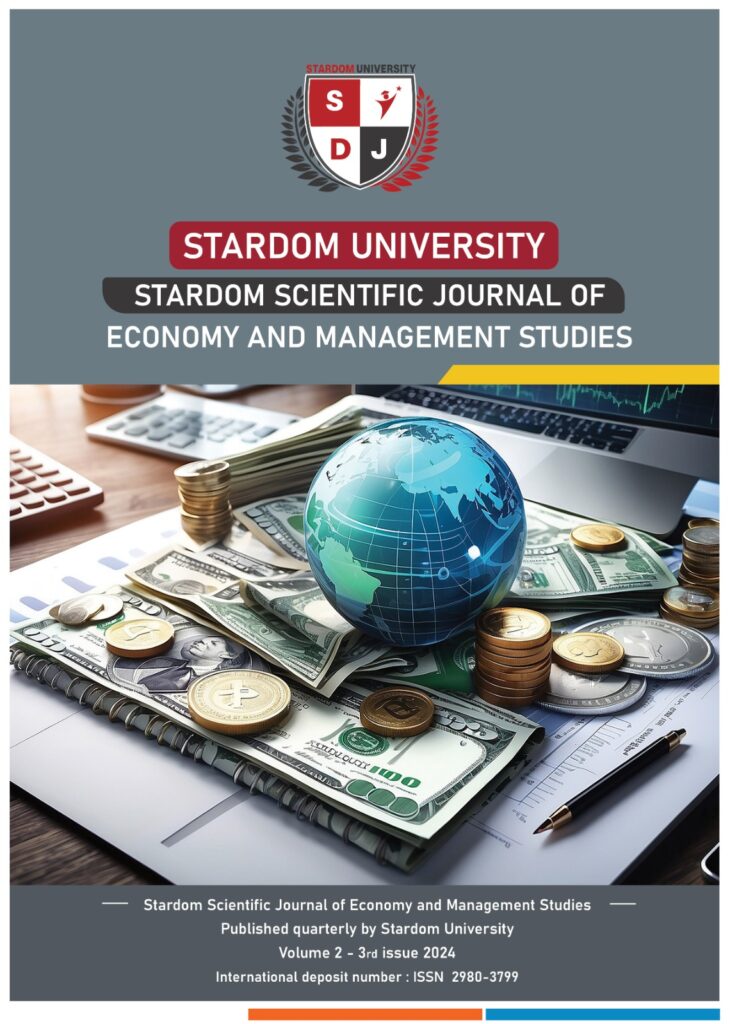- Stradom Journal
This study aims to examine the impact of integrating AI technologies—such as machine learning, big data analytics, and the Internet of Things—into TQM within the pharmaceutical industry. The research explores how this integration can enhance production efficiency, reduce waste, and improve environmental compliance, contributing to sustainable development goals.
With the rapid advancement of technology, Artificial Intelligence (AI) has become a key driver for improving industrial processes, enhancing quality, and promoting sustainability. The pharmaceutical industry, in particular, requires precise applications of Total Quality Management (TQM) to ensure compliance with health and environmental standards. This necessitates the integration of AI and TQM to achieve effective industrial sustainability.
The research has shown that integrating artificial intelligence with Total Quality Management will lead to improved quality control, reduced errors, and enhanced production processes, thereby contributing to industrial sustainability. The study presents a proposed model for adopting artificial intelligence in Total Quality Management, along with practical recommendations to help pharmaceutical companies effectively implement these technologies.
Expected findings indicate that AI-TQM integration will enhance quality monitoring, reduce errors, and optimize production processes, thus contributing to industrial sustainability. The study presents a proposed model for AI adoption in quality management, along with practical recommendations to assist pharmaceutical companies in effectively implementing these technologies.




